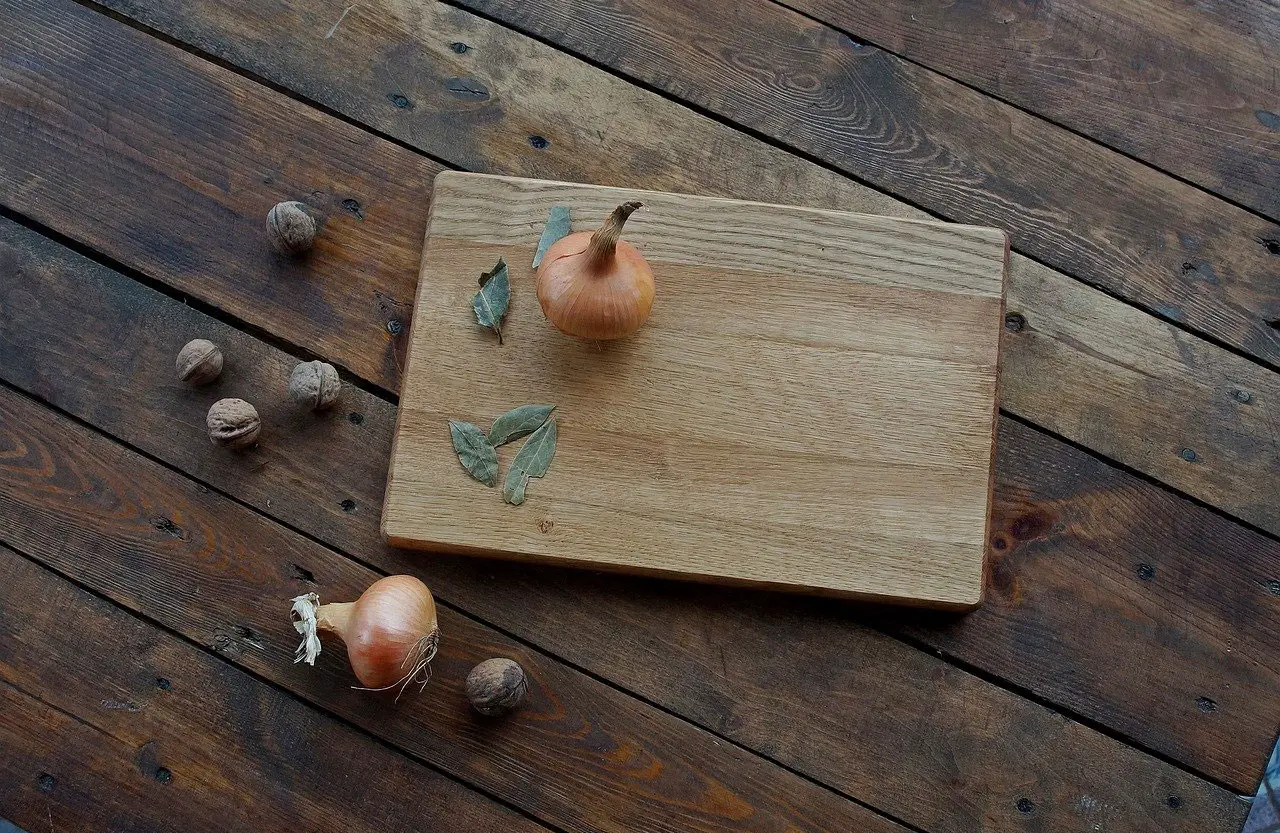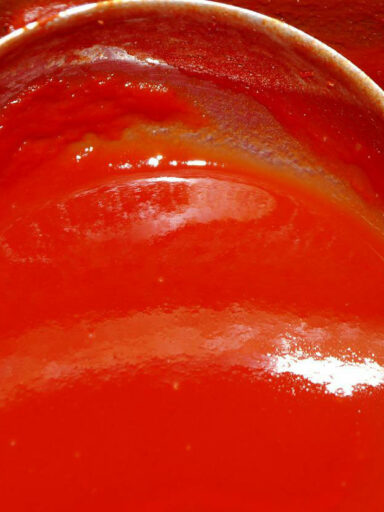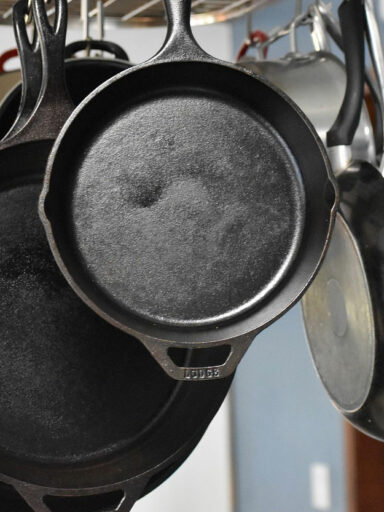Cutting boards are indispensable tools in the kitchen, used daily to prepare a variety of ingredients. Over time, these trusty workhorses can become worn, stained, and even harbor harmful bacteria if not properly maintained. Whether you have wooden, plastic, or bamboo cutting boards, knowing the right cleaning and revitalization techniques is essential to prolong their life and keep your kitchen a safe and hygienic space. In this comprehensive blog post, we’ll explore the dos and don’ts of cleaning and revitalizing your cutting boards, ensuring they remain in top-notch condition for years to come.
The Dos of Cleaning Your Cutting Boards:
1. Clean Immediately After Use:
As soon as you finish using your cutting board, clean it promptly. This step is vital, especially when working with raw meats, poultry, and fish, to prevent cross-contamination of other foods.
2. Handwash with Hot, Soapy Water:
Handwashing is the best method for cleaning cutting boards. Use hot, soapy water and a non-abrasive sponge or brush to scrub the surface thoroughly, removing any food residue and potential bacteria.
3. Use Baking Soda for Stains:
For stubborn stains and odors, create a paste using baking soda and water. Apply the paste to the stained areas and let it sit for a few minutes before scrubbing. Baking soda is a gentle abrasive that helps lift stains without damaging the board’s surface.
4. Sanitize Regularly:
To ensure proper hygiene, sanitize your cutting boards regularly. After cleaning with hot, soapy water, use a mixture of 1 tablespoon of unscented bleach to 1 gallon of water or a food-safe disinfectant to sanitize the surface thoroughly.
5. Use a Vinegar Solution for Odor Removal:
If your cutting board develops unwanted odors, a vinegar solution can come to the rescue. Wipe down the board with a cloth dampened with white vinegar and let it air dry. The vinegar will neutralize the odors and leave your cutting board smelling fresh.
6. Oil Wooden and Bamboo Cutting Boards:
Wooden and bamboo cutting boards require occasional oiling to prevent them from drying out and cracking. Use food-grade mineral oil or other food-safe oils like coconut oil or beeswax to condition the board’s surface.
7. Dry Vertically:
After washing your cutting board, allow it to dry vertically to ensure proper air circulation and thorough drying. This prevents moisture from being trapped, which can lead to the growth of mold and bacteria.
8. Have Separate Cutting Boards for Different Food Types:
To prevent cross-contamination, designate separate cutting boards for different food types. Use one for raw meats, another for fruits and vegetables, and another for baked goods. This practice helps minimize the risk of transferring harmful bacteria from one food to another.
The Don’ts of Cleaning Your Cutting Boards:
1. Don’t Use the Dishwasher:
Avoid placing wooden or bamboo cutting boards in the dishwasher. The high water temperature and harsh detergents can cause warping and cracking. Stick to handwashing for these types of cutting boards.
2. Don’t Use Abrasive Cleaners:
Avoid using abrasive cleaners or scouring pads on your cutting boards, as they can scratch and damage the surface. Stick to gentle cleaning agents to preserve the integrity of the board.
3. Don’t Soak Wooden Cutting Boards:
Submerging wooden cutting boards in water or letting them soak for extended periods can cause warping and splitting. Instead, clean them quickly and wipe them dry immediately.
4. Don’t Forget to Replace Worn Cutting Boards:
Cutting boards have a lifespan, and when they become excessively worn, scratched, or deeply grooved, it’s time to replace them. Worn boards can harbor bacteria and are more challenging to clean effectively.
5. Don’t Use Bleach on Wooden Boards:
While bleach is excellent for sanitizing plastic cutting boards, avoid using it on wooden cutting boards. The harshness of bleach can damage the wood and compromise its integrity.
6. Don’t Neglect Edges and Corners:
Pay extra attention to the edges and corners of your cutting boards when cleaning. Food particles and bacteria can accumulate in these areas, so be thorough in your cleaning process.
7. Don’t Put Hot Pots or Pans on Cutting Boards:
Avoid using cutting boards as a surface for placing hot pots or pans. The heat can cause warping or even scorch the surface.
8. Don’t Store Cutting Boards While Damp:
Before storing your cutting boards, ensure they are completely dry. Storing damp cutting boards can lead to mold growth and an unpleasant musty smell.
Conclusion:
Your cutting boards play a crucial role in your culinary adventures, and it’s essential to keep them clean, hygienic, and well-maintained. By following the dos and don’ts of cleaning and revitalizing your cutting boards, you can ensure they remain in top-notch condition, providing a safe and reliable surface for all your food preparation needs. With proper care, your cutting boards will continue to serve you faithfully, contributing to many more delicious meals shared with loved ones in your kitchen.



